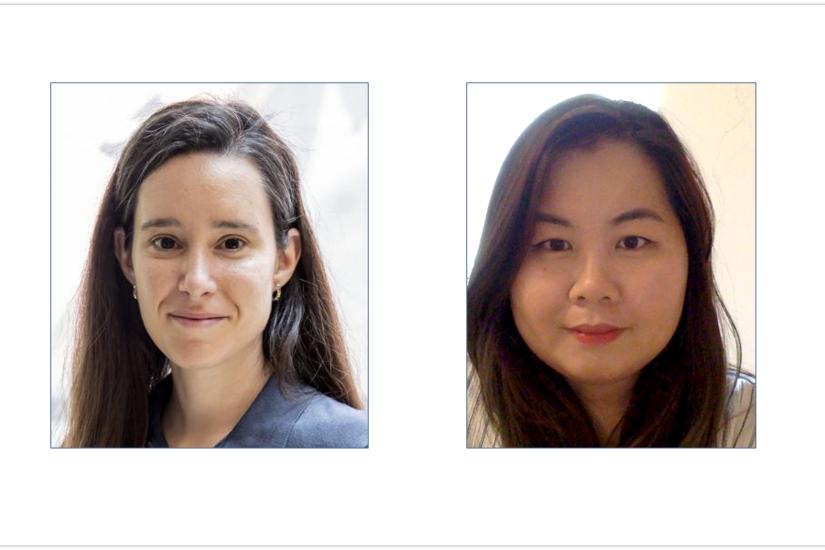
In this paper, we ask when is it morally objectionable that citizens with migration background have unequal social status?
We argue that there is at least one case in which unequal social status between citizens with migrant and non-migrant background is morally objectionable: when inequality in social status prevents these citizens from fulfilling their fundamental interest of being at home in society. To reach this conclusion, we first examine the case of second-generation migrants who inherited immigrants’ experiences, where born in the host country, and poses citizenship. It is widely accepted in the literature that as long as migrants become citizens, they are better off (Bauböck, 2011, Owen 2019, Miller 2008). This departure point can be seen in discussions on both naturalization processes as well as citizenship tests (Blake 2019, Brooks 2021), however, little attention has been paid to second-generation migrants (Owen, 2013).
Children who are born and raised in the host country are entitled to the same rights and duties as well as equal access to advantage as their peers. However, it is not the case. In the second section, we discuss the problem of unequal social status in the case of citizens with migrant backgrounds. Often, citizens have unequal social status due to their migrant background. In many cases, unequal social status pervasively erodes individuals’ capacity to, first, have equal access to valuable goods, including primary goods such as self-esteem and self-respect, as well as social recognition; and second, make free choices about what is a good and fulfilling life for them, including career choices.
We argue that, in many cases, unequal social status between citizens with migrant and non-migrant backgrounds pervasively undermines the fundamental interest in not being treated as guests, i.e., being at home in society (Christiano 2008). Being treated as guests may and may not generate negative effects on individuals’ capacities mentioned before. Do rich citizens with migrant backgrounds have a claim against being treated as guests? Many would think they do not, simply because they still have access to a wide range of opportunities and receive social recognition. We observe that it is too quick to conclude.
To examine further, in the third section, we distinguish between three different conceptions of being at home in society: (i) the thick account, (ii) the intermediate account, and (iii) the thin account. The thick account demands subjective acquirements that citizens feel, grasp and accept that the social world is a home (Hegel 1957). The mediate account of being at home calls for citizens to have a sense of fit with society, a sense of connection with society, a sense that society makes some sense to them (Christiano 2008). The thin account of being at home requires citizens to be able to understand, identify with, and affirm political projects of the society (Lafont 2019). The purpose of this discussion is to see how different understandings of being at home signify the different moral issues of unequal social status in the case of citizens with migrant backgrounds.
Finally, we address two (possibly) decisive objections. The first objection states that to stablish a plausible account of being at home as a condition for justifying unequal social status between citizens due to migrant background is too demanding, making being at home as a condition irrelevant to assess whether the differences in status are morally objectionable. Moreover, another objection presses on the relation between differences in social status and being at home. One might argue that there are cases where people would favor differences in social status and social hierarchies to be at home.
Zoom link: https://ceu-edu.zoom.us/j/92206630944?pwd=YTVlZmRGd0NGWUl2MldBZHRzYWM0UT09